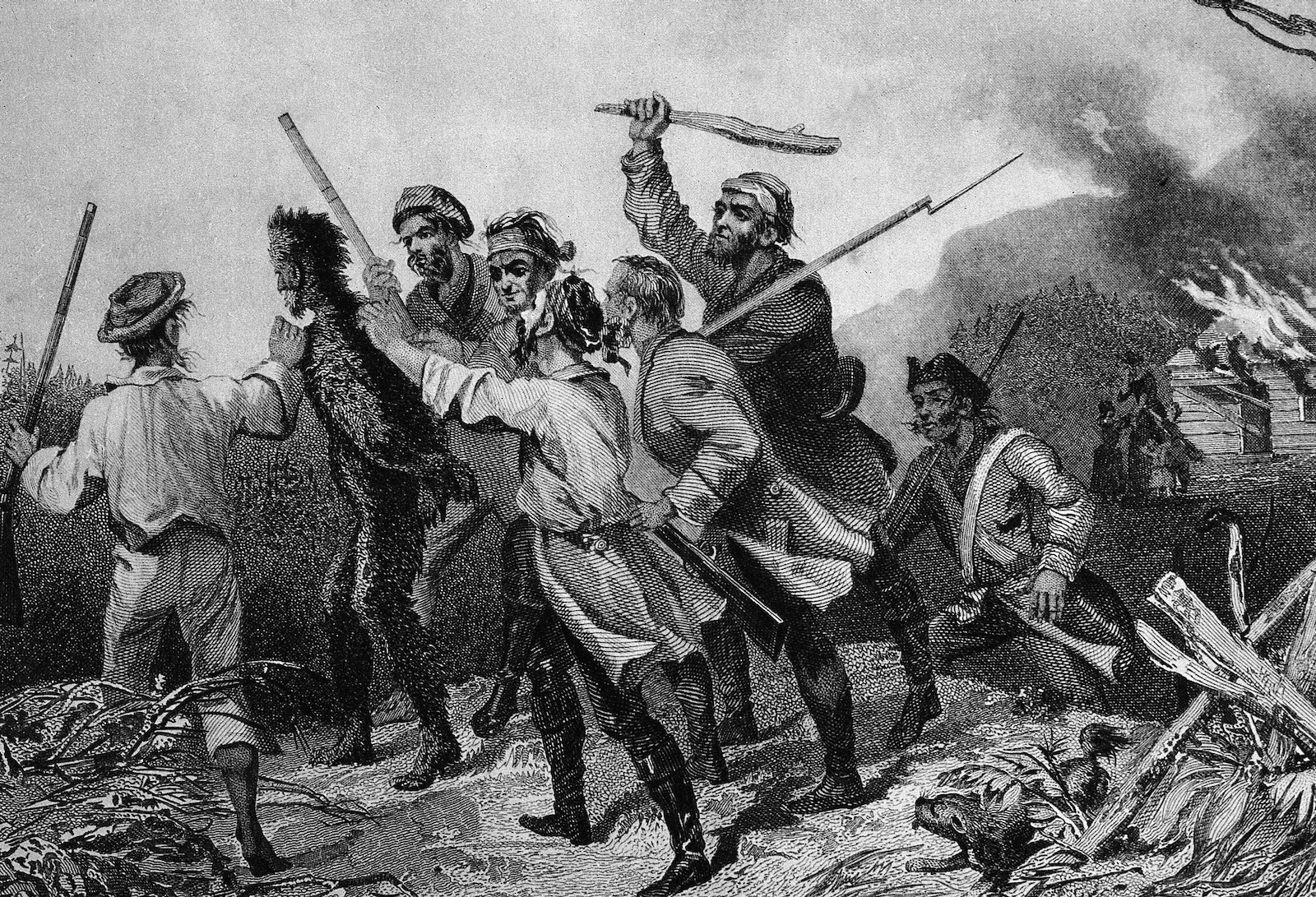Whenever I drive through New Hampshire, my attention is drawn to the motto that appears on the license plate of every car registered in the state: Live Free or Die. Affixed to plates beginning in 1971, these words were first uttered in 1809 by New Hampshire’s leading revolutionary war hero, Major General John Stark, as he remembered his part in the 1777 Battle of Bennington in nearby Vermont. His phrase, then and now, echoes the 1775 empire-shattering cry of Virginian Patrick Henry, “Give me liberty, or give me death!”
Republicans today claim to be the guardians of America’s freedom-loving inheritance. To the GOP, liberty means protecting individuals from government overreach, much as their forebears sought to free America from the tyrannical grasp of George III. They want to limit the power of the federal state and deny it the fuel on which it runs: taxation. Senate Republican leader Mitch McConnell and his legions are certain that their conception of liberty—which holds that freedom can only flourish when a central state is small, distant, and weak—is the one true political tradition to have emerged from the American Revolution.
But the Democrats are themselves heirs to a revolutionary tradition, one that the identifies the source of tyranny not as government but as private concentrations of economic power. Suspicion of corporate dominance and extreme levels of personal wealth has made the charge of “monopoly” resound across the nation’s history. Anti-monopolists wanted to break up corporations or reduce their power while redistributing the ill-gotten gains of “plutocratic” fortunes to the middle and working classes and to the poor. The goal, often achieved through a progressive taxation scheme that targeted the superrich, was to level the economic playing field and give every hardworking farmer, laborer, or small business owner a fair shot at success. The pursuit of liberty, let alone happiness, in the American Republic required nothing less.
This anti-monopoly tradition is not a “truer” expression of American revolutionary purpose than the anti-tax, small-government one. Rather, each embodies an aspiration that took shape during America’s founding moment and that has charged the country’s politics ever since. The anti-tax tradition, which birthed the Reaganite version of modern Republicanism, has been ascendant these last few decades. But powerful forces unleashed, first, by the Great Recession and, more recently, by the Great Pandemic have scrambled the political landscape, allowing the anti-monopoly tradition to reemerge and bid for influence once again. This resurgent anti-monopoly movement nurtures a very different attitude toward government, contrasting sharply with the posture of the anti-taxers. Indeed, taxation is one, crucial instrument in its armory.

